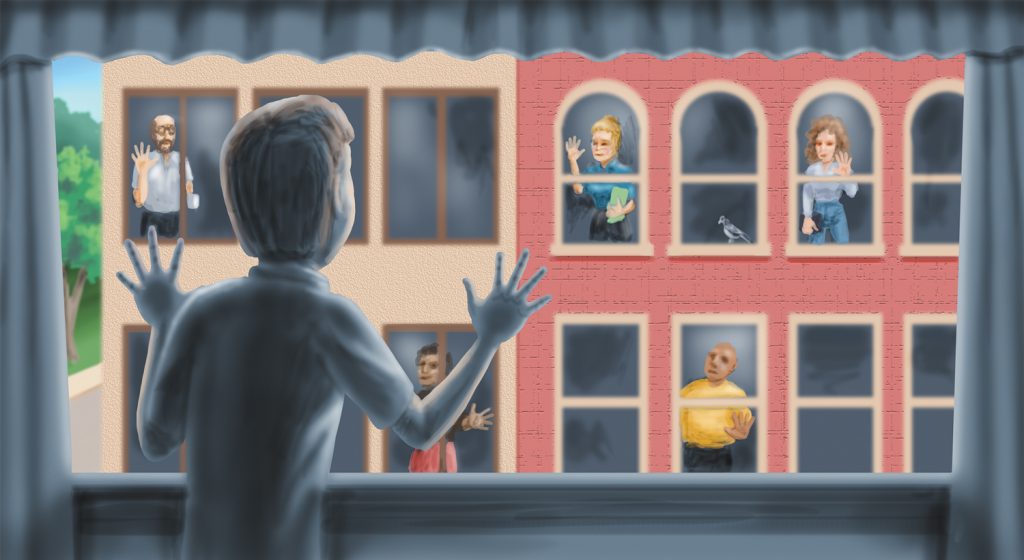April is Autism Awareness Month. Just like Passover, Easter, tax day and Ramadan, which all happen in April, it has been overshadowed by COVID-19. The pandemic has dominated the news, conversations and almost all aspects of life.
Sheltering at home and social distancing have impacted everyone in profound ways. These restrictions, which are intended to protect public health, have added an additional burden to people with autism and other intellectual disabilities, as well as their caregivers.
Most people with these disabilities rely on a network of people to provide services to help them with their quality of life. Daily therapies are interrupted, respite for caregivers is lost and routines that many count on for stability are disrupted.
The Autism Research Institute is providing resources on their website, autism.org, to help people living with autism who are struggling with the changes forced upon us. The site is full of useful information for the autistic community during normal times, but it has added some special features dedicated to these especially trying times.
The link for the COVID-19 resources is featured prominently across the top of the site’s home page. There are numerous webinars you can watch on the site that address different aspects of sheltering in place with autism. They offer strategies and techniques for dealing with anxiety, establishing routines, behavioral issues, mindfulness, handling disagreements and other common issues. Most of them run about an hour and are presented by highly credentialed professionals. There are also downloadable materials that accompany them.
In addition to the webinars, there are several social stories and short videos designed to help ease individuals into healthy habits. They cover topics such as hand washing, recognizing symptoms and preparing for doctor and other health-care related appointments.
There’s also a section where people can share their experiences of how they’re coping at home without the usual support team. People are invited to share strategies for coping, what works, what doesn’t, or even just stories of daily life.
As I mentioned before, besides the COVID-related content, the site is useful for people affected by autism anytime. There are sections on spotting the signs of autism, getting a diagnosis, finding treatments, accessing support and resources, and ongoing research.
The site is organized and easy to navigate. As a designer, there are some things that bug me, but it is functional and serves its purpose.

Kevin OʼNeill has been a staff artist for The Times-Tribune since June 1993. In addition to doing illustrations and infographics and designing pages for the paper’s print and electronic publications, he writes InSites, a weekly column about websites and apps. Contact: koneill@timesshamrock.com; 570-348-9100 x5212




